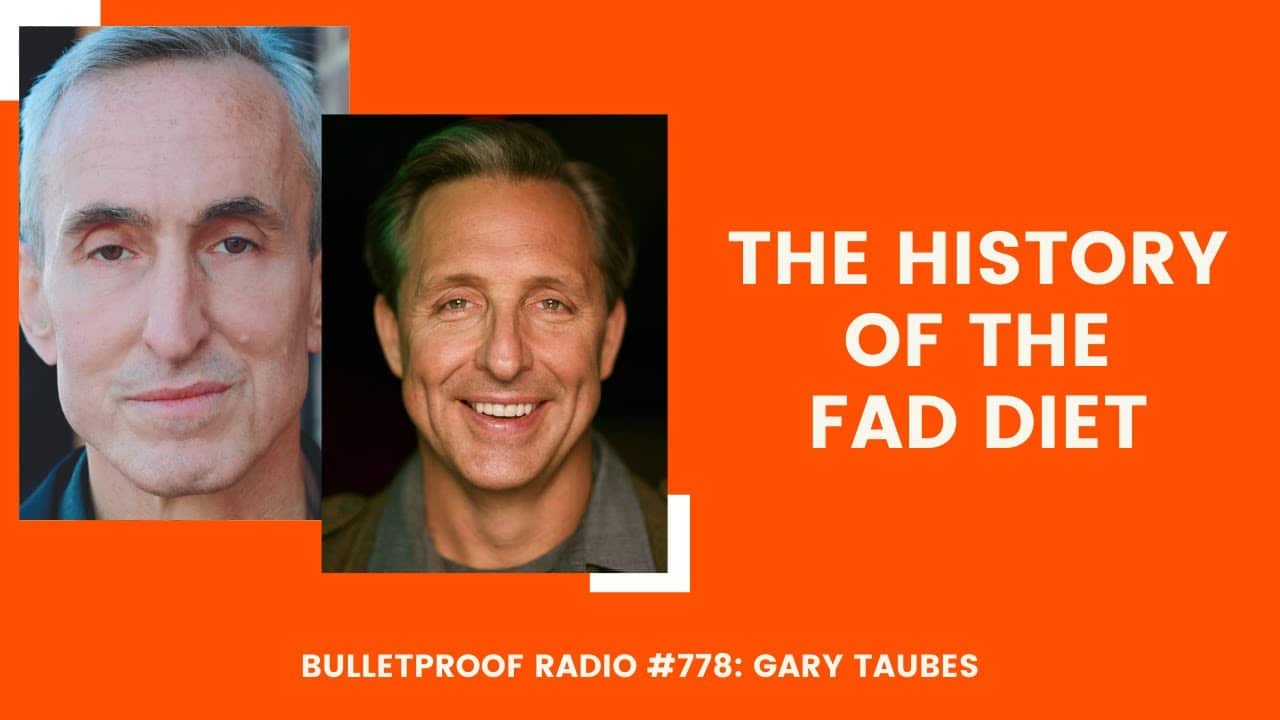Summary:
1. The History of Fad Diets
2. The Interesting Science Behind Fad Diets
3. The Rise of the Diet Industry
4. Impact of Fad Diets on Our Health
5. The Future of Diets and Nutrition
The History Of The Fad Diet and Its Impact on Our Health
Over the years, the diet industry has grown into a multi-billion dollar industry, with people always searching for the perfect diet plan that promises quick and effortless results. Yet, with so many different fad diets available, understanding their history and impact is crucial in making informed decisions about what we eat.
The History of Fad Diets
Fad diets have existed for centuries, dating back to the 19th century when William Banting created the first low-carbohydrate, high-fat diet. In the early 20th century, the grapefruit diet gained popularity, followed by the cabbage soup diet in the 1950s.
However, it wasn’t until the 1980s when fad diets became mainstream, with the advent of the Atkins and South Beach diets. The Atkins diet claimed that cutting carbs was the key to weight loss, while the South Beach diet promoted the idea of good and bad carbohydrates.
In recent years, the Paleo and Keto diets have taken center stage, with both diets promising weight loss and better health through eliminating certain foods.
The Interesting Science Behind Fad Diets
Despite their promises, fad diets often rely on flawed science and are not backed by solid research. For example, the Atkins diet’s effectiveness is primarily due to short-term weight loss from fluid loss and reduced calorie intake rather than the reduction in carbohydrates.
On the other hand, the low-fat diet was a popular health recommendation in the 90s, claiming that low-fat diets reduced the risk of heart disease and obesity. However, studies have shown that the low-fat diet has little to no impact on long-term weight loss and may even be detrimental to one’s health.
The Rise of the Diet Industry
The diet industry is one of the most profitable industries, cashing in on the insecurities of people who feel unhappy with their bodies or health. With an endless array of diet plans, meal supplements, weight loss pills, and exercise programs, the diet industry has created a vicious cycle of fad diets and quick fixes.
Furthermore, the diet industry perpetuates the myth that one’s weight determines one’s health, leading to harmful dieting practices that are not sustainable in the long term.
Impact of Fad Diets on Our Health
While fad diets may promise quick and easy results, the effects on one’s health can be detrimental. For example, the low-carb Keto diet requires followers to consume large amounts of fat, increasing the risk of heart disease and other health complications.
Similarly, the juice diet promotes the consumption of juices and smoothies while avoiding solid foods, leading to nutrient deficiencies and dangerous blood sugar imbalances.
Moreover, fad diets often lead to weight cycling, where people gain and lose weight repeatedly, leading to an increased risk of metabolic diseases such as diabetes and heart disease.
The Future of Diets and Nutrition
The future of diets and nutrition lies in understanding actual health and wellness rather than focusing solely on weight loss. Health at every size is an approach to health that focuses on making healthy choices rather than the number on a scale.
Furthermore, the personalized nutrition approach looks at genetics, blood work, and lifestyle factors to create a customized plan for individual needs rather than a one-size-fits-all approach.
In conclusion, while fad diets may offer quick fixes, they are often based on flawed science that can harm one’s health. Instead, understanding one’s health goals and embracing long-term lifestyle changes can lead to sustainable, healthy habits that benefit one’s overall health and well-being.
*****
Source Description
In this episode of Bulletproof Radio, my guest is Gary Taubes, an award-winning (and my all-time favorite) science and health journalist widely known for his investigative work on the food and diet industries.
He explains how the conventional thinking on obesity has led to 60 years of controversy, the ongoing “diet wars,” and the current obesity and diabetes epidemics.
You may know his previous book, “The Case Against Sugar,” which exposed the extreme dangers of sugar in our diets. He’s on this episode with his new book, “The Case For Keto.”
“The nutritional and academic authorities have failed us, and they and we should acknowledge that,” he says. “Had they not failed us, we would, almost by definition, never have reached this point of epidemic obesity.”
Decades of lousy science within the mainstream medical community led to all sorts of bad advice from doctors on how patients should diet and manage their overall nutrition. In this episode, we talk about the decades of those misconceptions:
Authorities from the 1820s onward and clinical trials from the 1930s onward reported that people with obesity could lose weight “as if by magic” if they just abstained from carbohydrates and replaced those calories with fat.
The fat shaming so prevalent in our society stems directly from the conventional thinking on obesity that we get fat because we consume more calories than we expend and overeat.
Why trying to lose weight by eating less and exercising more—trying to create and maintain a calorie deficit—will make us hungry, but not lean.
Why tens of thousands of physicians worldwide have taken, specifically, to eating ketogenic diets—” keto,” very low in carbohydrates, high in fat—and why they now prescribe this way of eating to their patients.
“People do fad diets because the conventional wisdom doesn’t work,” Gary says. “You do exactly what you’re told to do, and all it does is keep you fat and make you hungry. You feel bad about yourself because you blame yourself for failing. Any reasonable person in that circumstance will look for another approach.”
So, how can we move forward on a better path? I’m so excited for you to listen and find out.
Gary’s work is some of the best at breaking everything down to reveal the truth. And in this case, you’ll learn from him how he found out that a low-carb/high-fat diet makes you healthier, controls blood sugar and blood pressure, diminishes chronic pain, reduces weight, and improves heart disease risk. What’s not to love?
NEW BOOK! “Fast This Way: Burn Fat, Health Inflammation, and Eat Like the High Performing Human You Were Meant to Be”
https://fastthisway.com
Connect with Dave Asprey!
Web: https://daveasprey.com/
Instagram: https://www.instagram.com/dave.asprey/
Facebook: https://www.facebook.com/bulletproofexecutive/
Twitter: https://twitter.com/bulletproofexec
YouTube: https://www.youtube.com/c/DaveAspreyBPR
Bulletproof Radio: https://daveasprey.com/category/podcasts/
Blog: https://daveasprey.com/blog/

